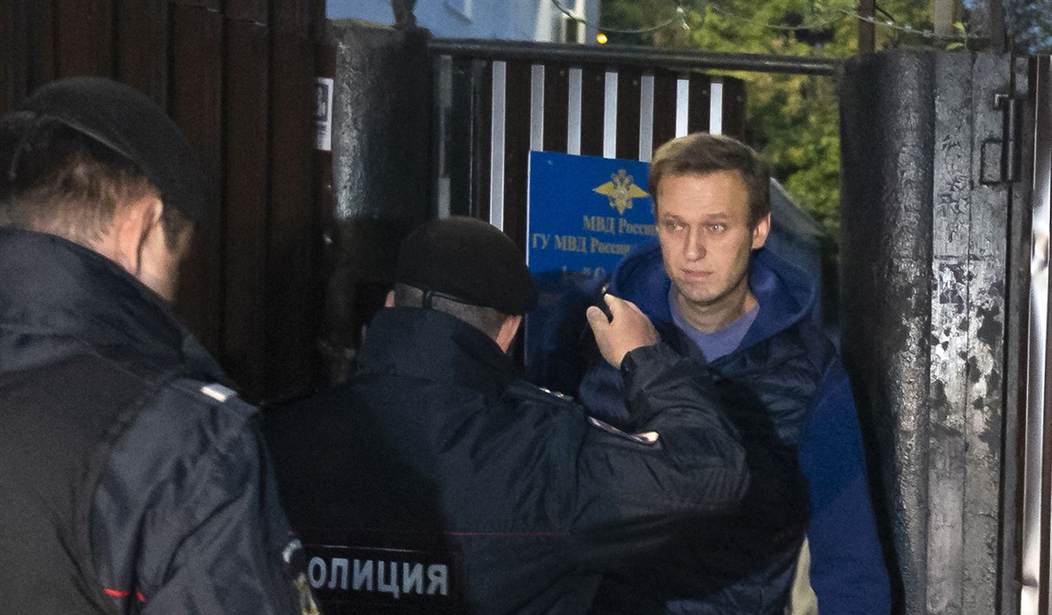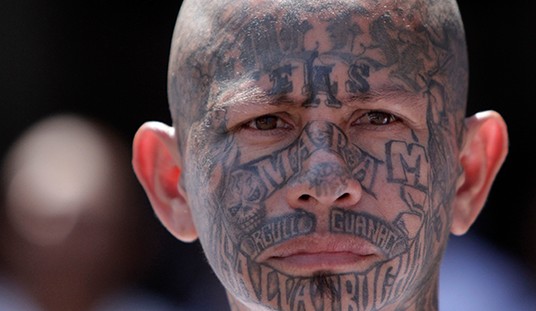Russian dissident Alexei Navalny’s untimely demise last month spurred much speculation as to the cause of his death. He had been serving out a sentence in an Arctic Russian penal colony.
President Joe Biden and other Western leaders have criticized the Kremlin, laying Navalny’s death at the feet of Russian President Vladimir Putin. However, a high-ranking Ukrainian official has stepped into the conversation, casting doubt on the notion that the Russian government killed Navalny.
Ukraine’s top spy chief has claimed that Alexi Navalny may have ‘died from a blood clot’ amid widespread speculation that the outspoken Putin critic was murdered by Russian spies.
The anti-corruption campaigner, who was serving a 19 year prison sentence in the arctic Polar Wolf penal colony, was found dead earlier this month with Russia claiming he died form ‘sudden death syndrome’ while on a walk.
Yet many have speculated that he was killed on Putin’s order, with Latvian President Edgar Rinkeish bluntly stating: ‘Whatever you think about Alexi Navalny, as a politician he was just brutally murdered by the Kremlin.’
Today, however, Kyrylo Budanov, the head of Ukraine’s GUR military intelligence service, suggested his death could be down to natural causes.
He told reporters: ‘I may disappoint you, but what we know is that he really died from a blood clot. And this is more or less confirmed. This was not taken from the Internet, but, unfortunately, a natural [death].’
Budanov’s remarks introduce another layer to the discussion over Navalny’s death by contradicting what most believe about the Kremlin’s role in his demise. Indeed, it was not the first time the dissident had been targeted by Putin’s regime.
Last month, it was revealed that the Russian government told Navalny’s mother that he had died from “sudden death syndrome.”
Now, it has been reported that the Russian government told Navalny’s mother that he died from “sudden death syndrome.”
Alexei Navalny’s mother was told on Saturday that Russia’s most prominent opposition leader had been struck down by “sudden death syndrome” and that his body would not be handed over to the family until an investigation was completed, his team said.
Navalny, a 47-year-old former lawyer, fell unconscious and died on Friday after a walk at the “Polar Wolf” penal colony in Kharp, about 1,900 km (1,200 miles) northeast of Moscow, where he was serving a three-decade sentence, the prison service said.
Sudden death syndrome is described as “a vague term for different cardiac syndromes that cause sudden cardiac arrest and death.”
Navalny’s death has prompted discussion about Russia’s government and how the Western world might respond to this development. Indeed, there are not many who believe that Putin was not directly or indirectly responsible for the dissident’s demise.
Latvian President Edgar Rinkeish is one of several who accused Putin of carrying out a political assassination.
Budanov’s assertion might be one of the few contradicting what most believe about Navalny’s death. However, it is not likely Russia will be able to shake the perception that its government killed the dissident, given its harsh prison conditions and the fact that he was one of the government’s loudest critics. Indeed, regardless of how Navalny died, his legacy left an impact on international politics.













Join the conversation as a VIP Member